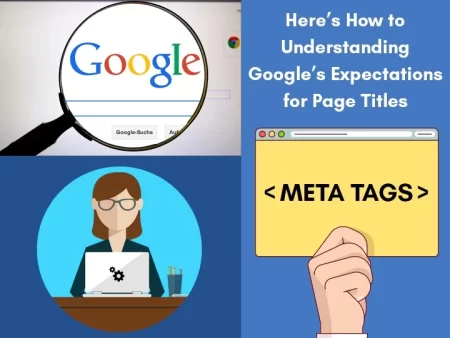 You’ve been working hard on your business. You need to do so many things each day to take care of your business and keep it running. Sometimes you feel as though you’re working from morning to night to get everything done.
You’ve been working hard on your business. You need to do so many things each day to take care of your business and keep it running. Sometimes you feel as though you’re working from morning to night to get everything done.
You can’t imagine anything else on your task list. Any extra time you have you spend on marketing efforts. You think you’re doing pretty well here, especially when it comes to SEO. After all, you’ve seen that you’ve been getting a decent amount of traffic from Google. At least this has been the trend until recently.
Unfortunately, Google tends to change things around a lot. While they say the reason for these changes is to improve their service, if you’re like many of us, you feel like they’re just trying to drive you crazy. One of the recent things that Google has placed more information on is your title metatag (a.k.a. meta titles, page titles). Here’s what you need to know in a nutshell.
Understanding What Google Expects From Page Titles
Since August 2021, Google has become very specific regarding its SEO tips for title metatags. It was then that they rolled out changes to ensure that these tags were, in their words, more “readable and accessible.” Thanks to this update, it’s time for everyone to create new title links that adhere to Google’s “rules.” Before you get started, you’ll want to know what these are.
Google’s Best Practices for Writing Title Metatags
Google has recently renamed the clickable titles that take users to pages found in their search results. They’re now known as title metatags. To tell Google what you want them to display as the title link, you simply write the descriptive text inside the <title> element. Here are a few things that you should remember when creating these:
- Create a unique title for each page on your site using the <title> element. Don’t simply recreate the same text on each page.
- Make sure your titles are short, concise, and descriptive. Don’t use any vague text.
- Never repeat text in your titles just for the sake of SEO.
- Whenever appropriate, take time to brand your titles. You can do this simply by adding your site’s name to the front of them.
Things to Avoid When Writing Title Metatags for Google
Google says that some common issues will cause it to replace your preferred title metatag with one they’ve generated for you. Some of the most common reasons for this include:
- Make sure your titles aren’t half-empty or missing descriptive text.
- Keep your title updated. It should be reflective of your main content.
- Don’t use the same URL multiple times. Even if you’re creating similar content (e.g., doing a yearly roundup).
- Many sites have similar text repeated throughout a subset of pages within their website. Doing this is bad for your SEO.
Meet Google’s Expectations for Page Titles
There’s a lot of information to keep up with, especially as a business owner. You don’t need one more task to learn. What you need is some help getting your site the traffic it needs to keep your business alive. That’s why we want you to know that we’re here for you at Local SEO Tampa Company in Tampa Bay, FL.
We understand what it means to be in business. After all, we’re a business ourselves. We aren’t just any business, though. No, we take time to care about your business as much as you do. That’s why we want to invite you to contact us and let us show you how we can start improving your site’s SEO today.
